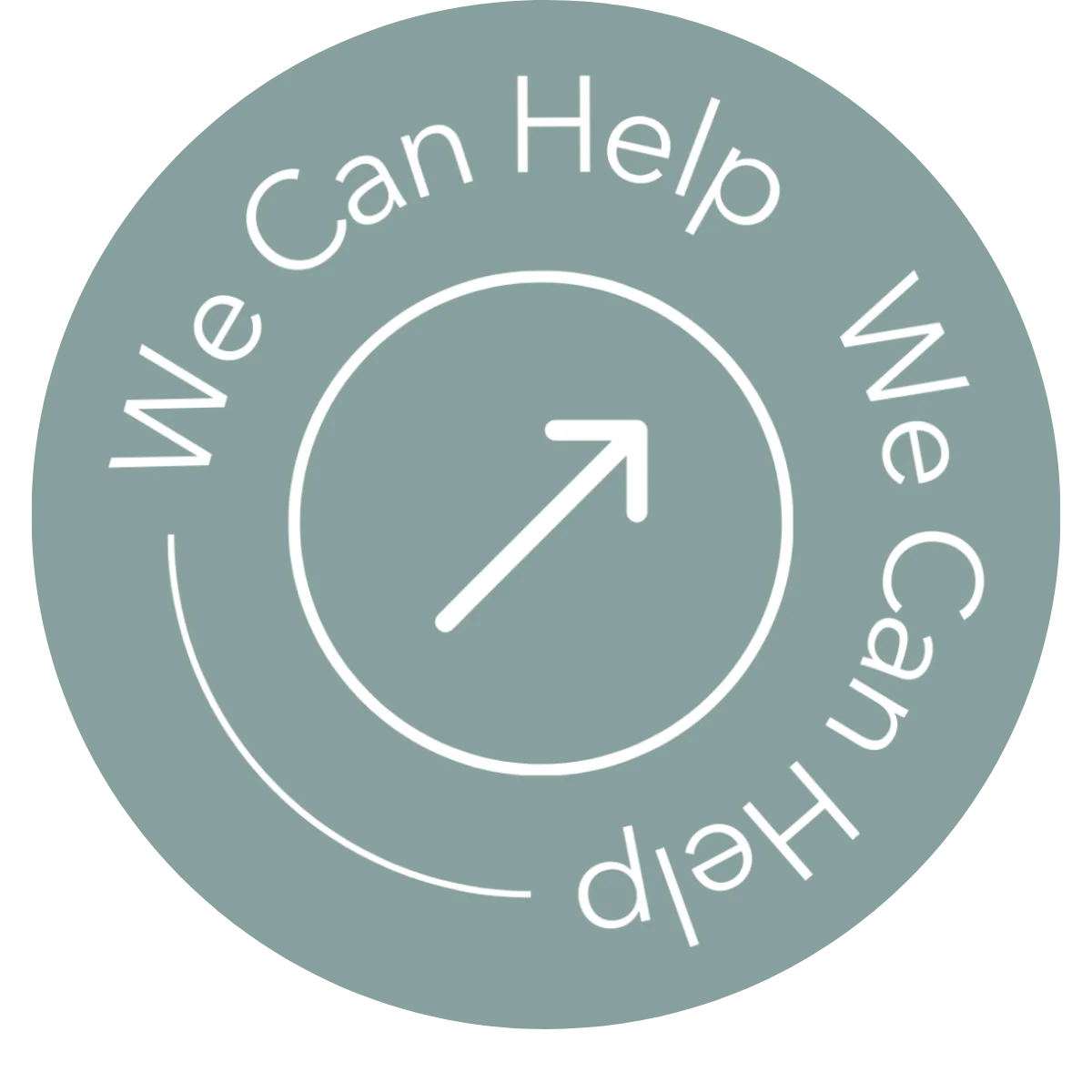The Role of Medication-Assisted Treatment in an Intensive Outpatient Programs
Introduction to MAT in IOP for Substance Abuse
Medication-assisted treatment (MAT) is a key element in an intensive outpatient program (IOP) designed to combat substance use disorder. MAT in IOP for substance abuse treatment can drastically help individuals who need added help during detox and recovery.
Medication-assisted treatment is grounded in scientific research, combining medical interventions with traditional counseling and therapy. This provides a well-rounded, individualized treatment experience.1

What Does MAT in IOP for Substance Abuse Help With?
What is Medication-Assisted Treatment?
MAT is typically used in the context of intensive outpatient programs to provide comprehensive care to individuals struggling with addiction.
Medications
Common Medications Used in MAT
- Methadone: This is used primarily for opioid use disorder (OUD) to reduce withdrawal symptoms or cravings.
- Buprenorphine: This is also used for opioid use disorder and can be prescribed by qualified healthcare providers in an office-based setting.
- Naltrexone: This is most commonly used for both alcohol and opioid use disorders.
- Acamprosate and Disulfiram: These medications are generally used for alcohol use disorder.
Counseling and Behavioral Therapies
- Learn coping skills
- Develop a support network
- Work on the underlying causes of their substance use disorder
- Improve communication skills
- Get to the root cause of addiction
Regular Monitoring
Supportive Services
Individualized Treatment Plans
MAT is not a one-size-fits-all approach. Treatment plans are tailored to the specific needs of each individual. They take into account their history of substance misuse, medical history, mental health symptoms, and any other relevant factors.
How MAT in IOP for Substance Abuse Complements Traditional Therapy
Reducing Cravings and Withdrawal Symptoms
Enhancing Engagement
Promoting Abstinence
Supporting Recovery
Enabling Cognitive Function
Addressing Co-Occurring Disorders
Fostering Behavioral Change
Enhanced Learning and Insight
Integration with Traditional Therapy
Challenges of Incorporating MAT into IOP for Substance Abuse Recovery
- Stigma: Despite its efficacy, MAT is sometimes stigmatized within the recovery community and misunderstood as substituting one drug for another.
- Financial and Insurance Barriers: Costs and insurance coverage can be barriers to accessing MAT for many individuals. This potentially limits the availability and utilization of these essential services in IOP settings.
- Prescriber Availability: There may be challenges related to the availability of healthcare providers who are qualified to prescribe MAT medications, which can limit access to treatment.
- Medication Management: Managing medications, monitoring adherence, and adjusting dosages can be complex, requiring close coordination among treatment providers.
- Patient Compliance: Ensuring that patients adhere to their medication regimen while not under constant supervision, as in a residential setting, can be challenging.
- Regulatory Barriers: There may be state and federal regulations surrounding the prescription and dispensing of MAT medications that may pose logistical challenges.
- Integrative Care Coordination: Coordinating MAT with counseling and therapy services requires robust communication and collaboration among providers to ensure comprehensive and integrated care, which can be logistically challenging.
How Are Medications Monitored and Adjusted in an IOP?
Further Notes on Monitoring Medication
Eligibility Criteria for MAT in IOP for Substance Abuse Treatment
Comprehensive Assessment
Substance Use Severity
Physical Health Examination
Psychological Evaluation
Risk Assessment
Pregnancy
Patient Preference
Assessment of Social and Environmental Factors
Legal Considerations
Treatment History
Insurance and Financial Consideration
The availability of insurance or financial resources to cover the costs of medication may also affect eligibility and selection of medication.

How Can Ethos Wellness Help?
We offer a flexible treatment schedule in our intensive outpatient programs that allows individuals to continue with their daily routines while receiving the necessary care and support. Behavioral therapies are concurrently integrated to address the psychological and emotional aspects of addiction.
What Do We Provide?
Get in Touch Today
To learn more about how we can help you or your loved one battling substance use disorder, reach out today. Ethos Wellness can help you heal.


